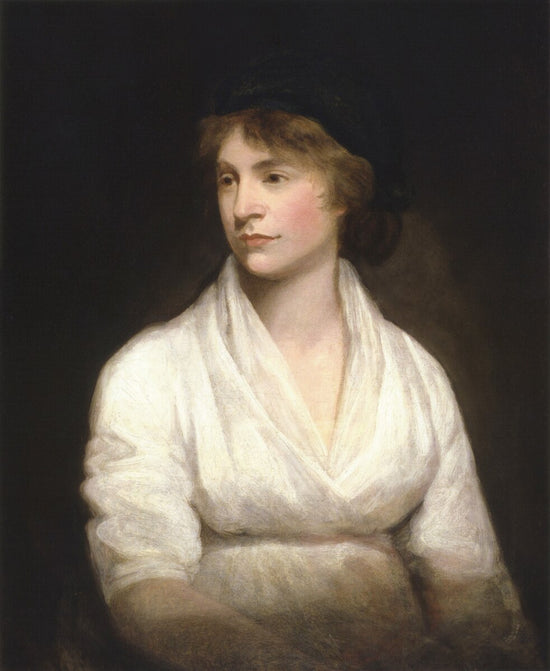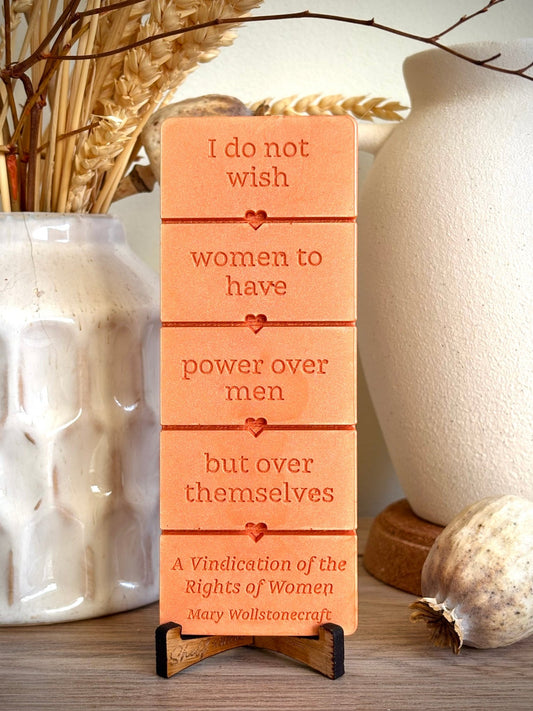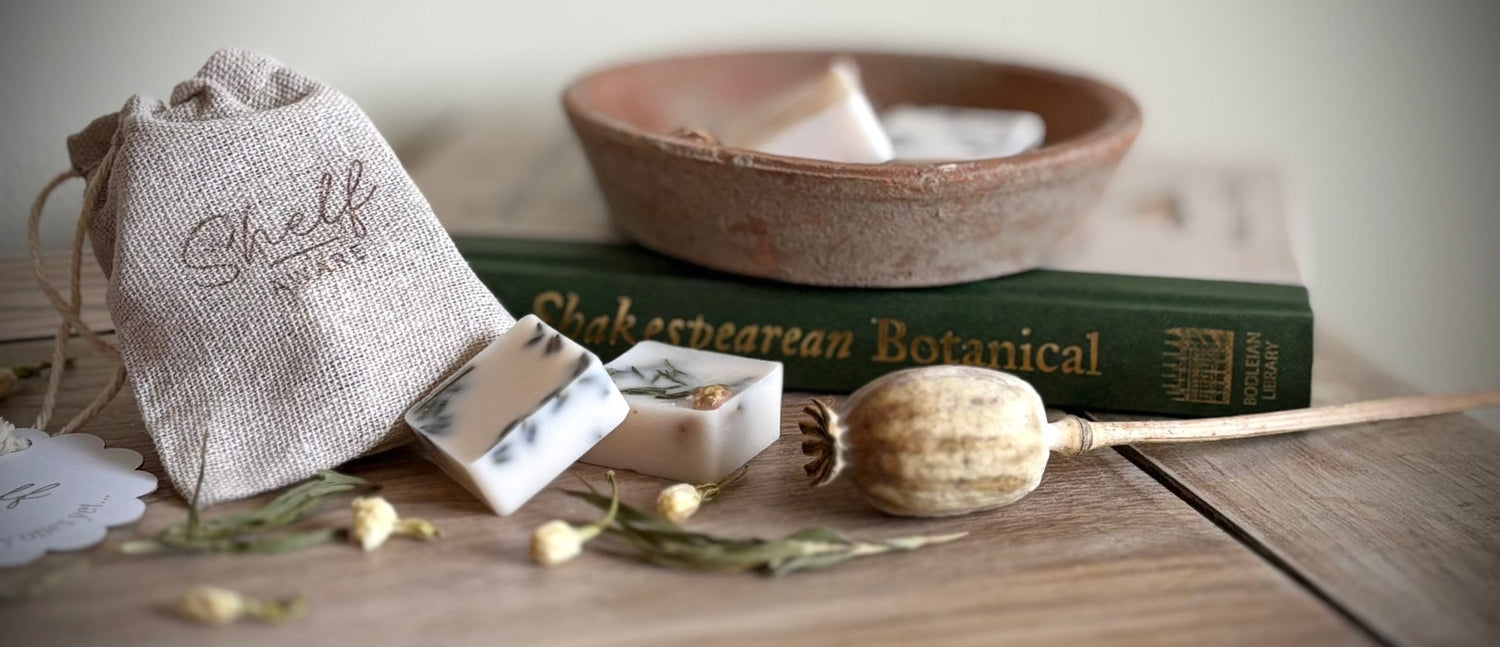
Mary Wollstonecraft was an English writer, philosopher, and advocate for women's rights, best known for her groundbreaking work A Vindication of the Rights of Woman (1792), in which she argued for the equality of women and their right to education. Born in 1759, Wollstonecraft challenged the prevailing societal norms of her time that relegated women to subordinate roles. She advocated for women’s intellectual and social empowerment, emphasising that they should not be confined to domestic duties but should have opportunities to develop their full potential. Her ideas laid the foundation for modern feminist thought and continue to influence discussions on gender equality today. Wollstonecraft’s life was marked by personal struggles, including an unconventional relationship with philosopher William Godwin, and her early death at the age of 38, shortly after giving birth to her daughter, Mary Shelley, who would go on to write Frankenstein. Despite the controversies surrounding her life and work, Wollstonecraft's legacy as a trailblazer for women's rights endures.
Celebrate the revolutionary spirit of Mary Wollstonecraft with our A Room of One’s Own literary wax melt; a beautifully crafted tribute to one of the most important voices in feminist thought and early literature. Made from sustainable rapeseed and coconut wax, this wax melt is a bold statement piece for book lovers, feminist readers, and fans of literary wax melts.
Whether you're gifting to a fellow reader or adding it to your own collection, this book gift celebrates independence, intellect, and the power of a voice that changed history.A must-have for lovers of classic literature, feminist icons, and thoughtfully made book gifts.




